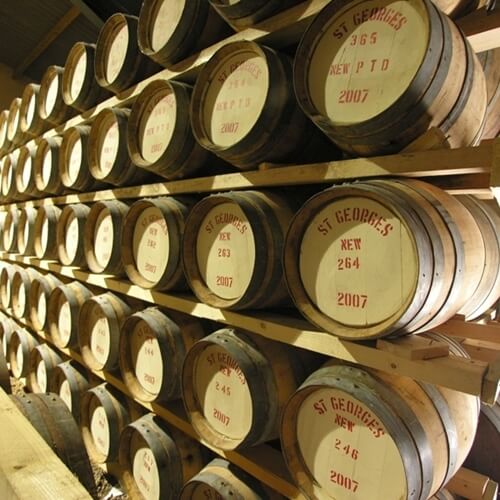Craft Liquor Distillers Face Numerous Challenges
The number of craft distilleries making small batch liquor doubled between 2008 to 2013. Many people compare this surge to that of microbreweries over the last decade. However, the burgeoning industry still has some growing pains it needs to work out before it can launch itself onto the main stage.
Craft liquor imposters
Craft liquor distilleries are springing up all over the U.S., producing different variations of gin, whiskey and rum. One such producer, Kings County Distillery in Brooklyn, uses New York corn to produce its whiskey. However, not all products touting themselves as “craft and local” are necessarily either.
A major loophole in the system allows manufacturers to call their business a craft distillery without actually distilling anything at all. These companies order industrial quantities of alcohol, sometimes by the truckload, and cut it with water before repackaging it as their own “craft liquor” product. This is an incredibly cheap way of producing liquor that allows companies to price out other grain-to-alcohol producers.
One such grain-to-alcohol producer is Koval, the first distillery to open in Chicago since prohibition. Named one of the 100 Best Distilleries to Visit in the World by Whiskey Magazine, Koval has established itself as a premier craft distillery. Started by Dr. Robert and Sonat Birnecker, Koval produces whiskeys and liqueur using traditional Austrian techniques. Since its inception, the Birneckers have become international resources for people looking to start careers in the craft liquor industry. They pride themselves on locally sourcing their grain and adhering to environmentally sustainable business practices.
The threat from abroad
Besides the threat of imposters selling an inferior product at a cheaper price, craft distilleries have had to compete with tax incentives for offshore liquor producers. A 100-year-old law provides a subsidy to rum producers in Puerto Rico and the Virgin Islands, which allows them sell their product in stores at a lower price. This threatens American liquor producers as the average consumer is not aware of the difference between a Puerto Rican rum and one from Massachusetts.
Kelly Railean, the founder and president of the American Rum Association, a group for craft rum distillers, is confident that consumers’ minds can be changed. As more and more consumers begin to embrace the local foods movement, it only seems to be a matter of time before liquor gets swept up in the tide.


